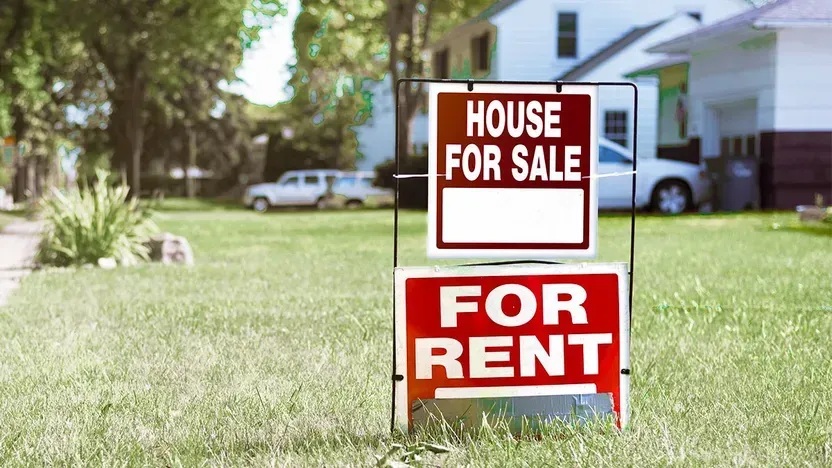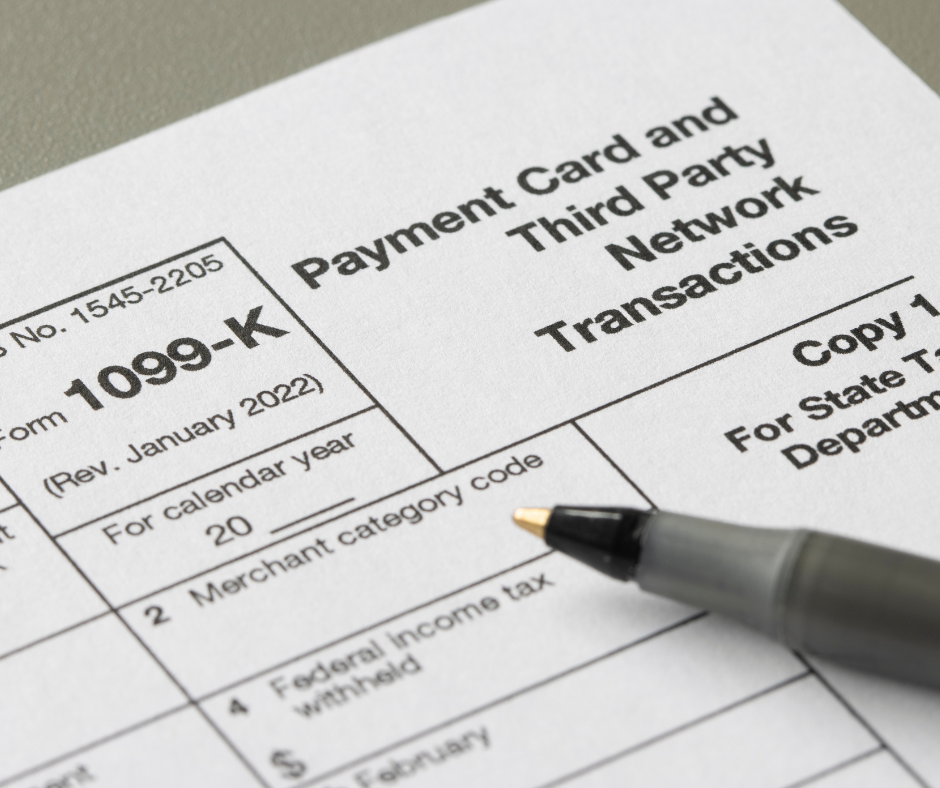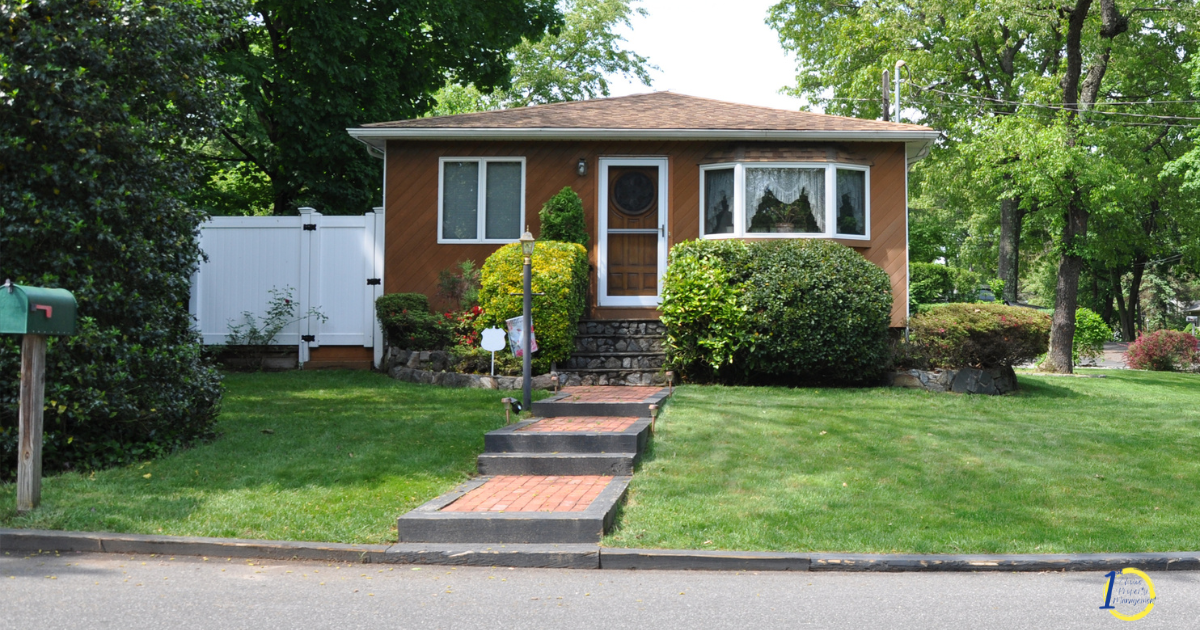Can Your Landlord Sell Your Rental? Know Your Rights in Maryland!

Renting a property often comes with a sense of stability, but what happens if your landlord decides to sell the house you’re renting? In Maryland, understanding your rights as a tenant during such a transition is crucial. Here’s what you need to know about your rights when a landlord sells the property you’re living in.
Can a Landlord Sell the Property You’re Renting?
Yes, in Maryland, a landlord can sell the property you’re renting. The sale of the property does not automatically terminate your lease agreement. Your lease remains valid, and the new owner must honor the terms of your existing lease.
Your Rights as a Tenant During a Sale
- Lease Continuation
When a property is sold, your lease does not end. The new owner steps into the landlord's shoes and is bound by the terms of the lease you signed with the previous owner. This means that if you have a lease agreement for a year, the new owner must honor this agreement until its expiration. - Notice of Sale
While Maryland law does not require landlords to inform tenants of a property sale, it is good practice for landlords to notify tenants. If you are informed about the sale, make sure to get any details about how the transition will be managed, such as changes in where to send rent payments. - Security Deposits
When a property is sold, the responsibility for the security deposit should be transferred to the new owner. The previous landlord is required to ensure that the new owner is aware of the deposit and that it is properly accounted for. If you have concerns, request written confirmation that the deposit has been transferred. - Maintenance and Repairs
Regardless of ownership changes, the new landlord must address maintenance and repair issues as stipulated in your lease agreement. If there are any unresolved maintenance issues at the time of sale, make sure to communicate them to the new owner promptly. - Right to Quiet Enjoyment
You have the right to quiet enjoyment of the property, which means you should not be disturbed by the sale process. This includes minimizing disruptions from showings or inspections. The landlord or new owner must give reasonable notice and seek your permission before entering the property for showings or inspections. - Eviction Rights
If the new owner wishes to terminate your lease, they must follow Maryland’s legal procedures for eviction. They cannot simply ask you to leave because they have purchased the property. Any attempt to evict a tenant must be done legally, and you are entitled to due process.
Steps to Take if Your Landlord Sells the Property
- Review Your Lease
Carefully review your lease to understand your rights and obligations. Confirm the duration of your lease and any specific terms related to property sales. - Document Everything
Keep records of all communications with both your old and new landlords. This includes notices about the sale, details about your security deposit, and any agreements made regarding property maintenance. - Request Confirmation of Security Deposit Transfer
Ensure that the new landlord has received and is holding your security deposit. Request written confirmation of the transfer from both the previous and new landlords. - Seek Legal Advice if Needed
If you encounter issues or disputes regarding your lease or rights during the transition, consult a local tenant rights attorney. They can provide guidance based on Maryland’s specific laws and ensure that your rights are protected.
While your landlord can sell the property you’re renting in Maryland, your rights as a tenant are protected by law. Your lease remains valid, and the new owner must adhere to its terms. By staying informed and proactive, you can navigate the sale process smoothly and ensure that your rights are upheld.
Share this post















